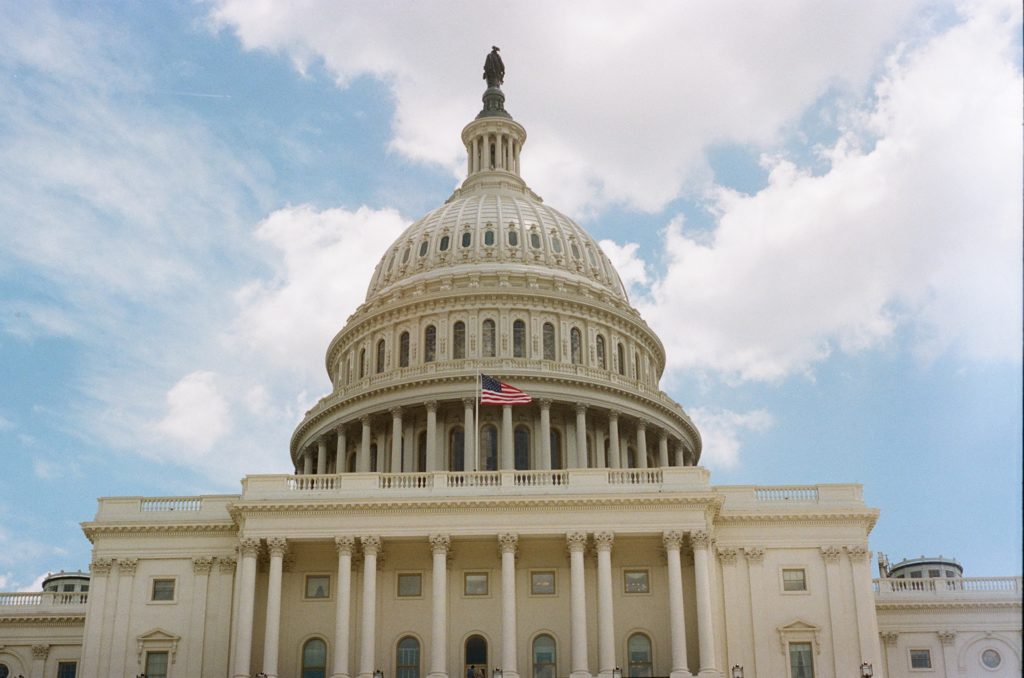It’s a divisive time on the Hill, but last Thursday, Democrats, Republicans and industry stakeholders alike agreed on one thing: the need for more unlicensed spectrum. Both the House Energy and Commerce Committee and the Senate Commerce Committee held hearings on our wireless future and there was significant discussion about the need for additional unlicensed spectrum in the 5.9 and 6 GHz bands.

Photo by Sasan Hezarkhani on Unsplash
The House Energy and Commerce Committee hearing featured all five FCC commissioners, who overwhelmingly favor opening up more unlicensed spectrum to usher in a new generation of high-speed connectivity, including 5G and Wi-Fi 6.
FCC Chairman Ajit Pai reaffirmed his support for opening up much of the 5.9 GHz band after he announced late last month that the Commission will propose relocating the lower 45 MHz of the band for unlicensed uses such as Wi-Fi. “This would be a big benefit for American consumers. The best evidence of this is Wi-Fi’s growing popularity,” the Chairman testified.
Commissioner Jessica Rosenworcel echoed the Chairman’s views while stressing the importance of unlicensed in the 6 GHz band, stating “[6 GHz] is where we get gigabit Wi-Fi.” She explained that the 6 GHz band will unleash the full potential of Wi-Fi 6 technology by creating wide and contiguous channels.
Commissioner Brendan Carr testified to the benefit that unlicensed spectrum will have on the development of the crucial 5G ecosystem. “The 6 GHz band has the potential to hasten and enable the growth of the 5G ecosystem,” he said. “And action on 6 [GHz] unlicensed spectrum is a necessary part of our larger U.S. strategy on 5G.”
Across the Capitol Building, the Senate Commerce Committee examined the implementation of the MOBILE NOW Act, a 2017 law that sought to make sufficient spectrum available for new technologies, including 5G. The hearing featured tech industry stakeholders from Cisco, New America, CTIA and the Wireless Infrastructure Association, alongside the Mayor of Sioux Falls.
Sarah Morris, the Director of New America’s Open Technology Institute, emphasized the importance of unlicensed in the race for 5G and the development of the Internet of Things. “IoT and other high-capacity local-area networks — most of which will be indoors and connect to almost everything — are likely to make unlicensed spectrum an even more critical part of a truly robust 5G ecosystem,” Morris testified.
Mary Brown of Cisco explained how unlicensed spectrum is benefiting our already-strained Wi-Fi airwaves. “Unlicensed continues to become a more and more important way in which Internet traffic is delivered,” she told the Committee. “We are already seeing congestion on certain applications and certain kinds of network deployments.” She further testified that the industry is committed to protecting the incumbents that currently operate in the 6 GHz band from any meaningful interference.
These two hearings in both houses of Congress demonstrate the broad bipartisan support for unlicensed spectrum in both the 5.9 and 6 GHz bands. Both are critical to our wireless future.
